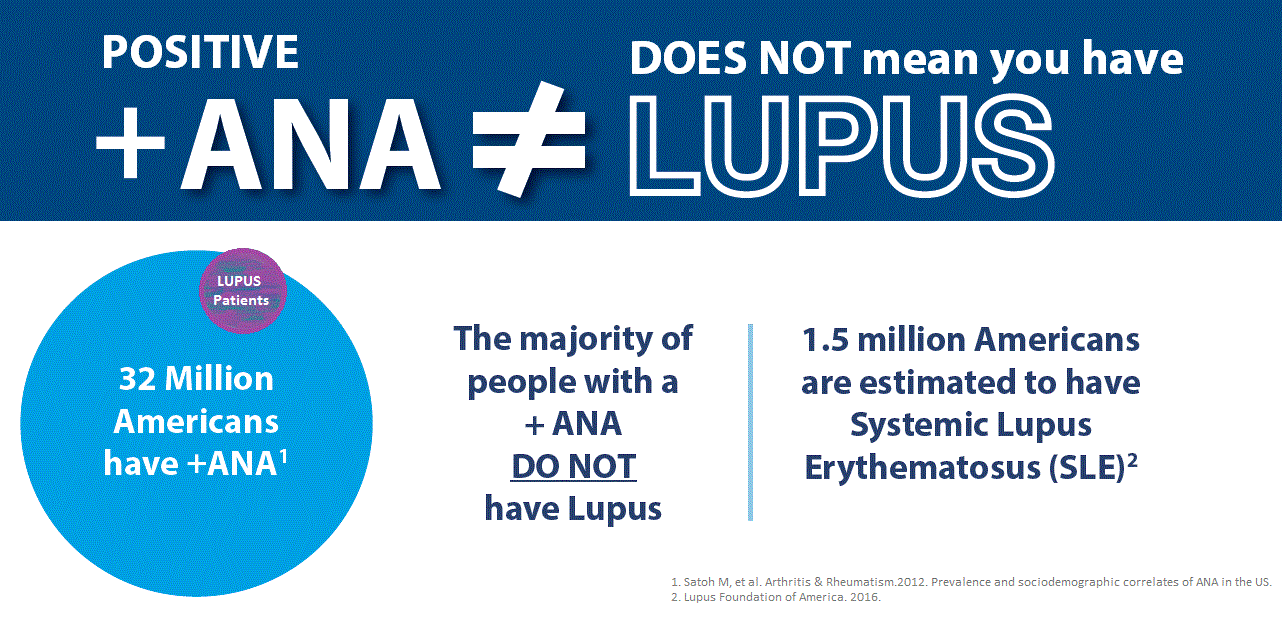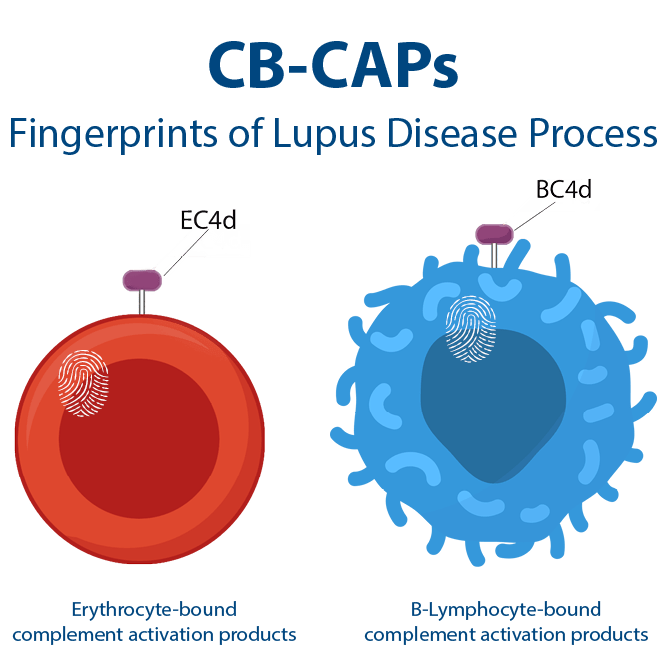Diagnosing lupus is a challenge. But, new biomarkers known as CB-CAPS can improve lupus detection by 48%.
Lupus symptoms are often confused with those of other conditions. This causes many people to be misdiagnosed and even prescribed inappropriate medications.
An inaccurate diagnosis can allow lupus to go unchecked. This can lead to permanent tissue damage. Or, when inappropriate medications are used, it is possible for a person to develop drug-induced lupus (DIL).
According to a survey done by the Lupus Foundation of America, it takes an average of 6 years and 4 specialist referrals to be correctly diagnosed with lupus.
With so much at stake, it is important to take an active role in tracking and reporting symptoms to your doctors. By staying up-to-date on the newest laboratory tests, you can also be aware of new biomarkers that may be evident in bloodwork.




This is great. One doctor said I have lupus and another said I didnt. and ye all the symptoms were there. I cant wait to have her run the test again with the new labs avalable.